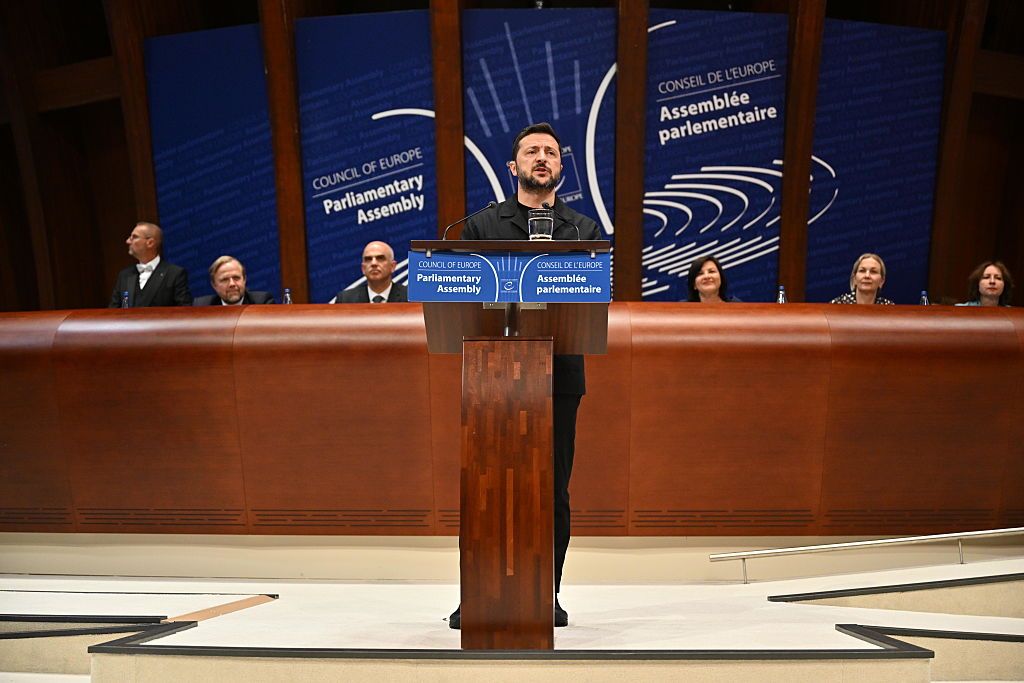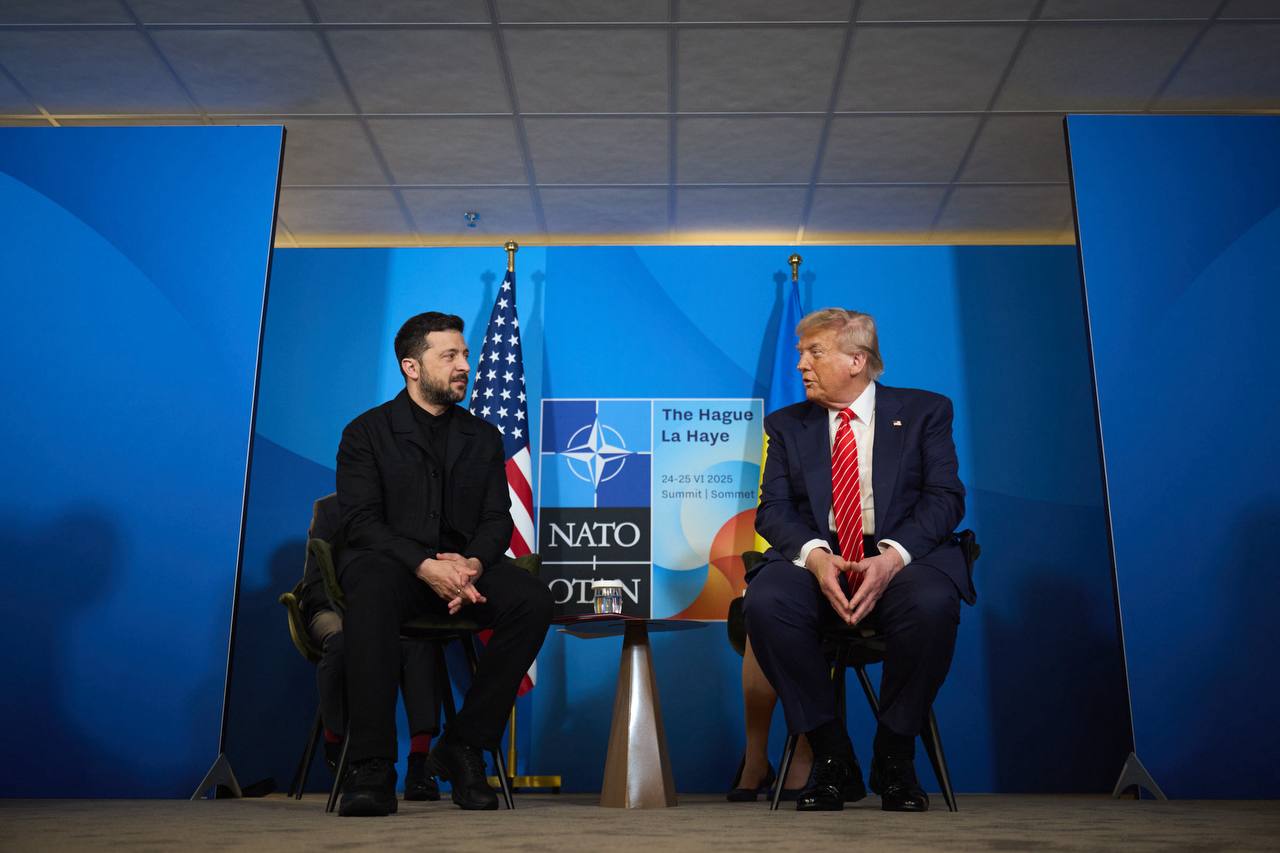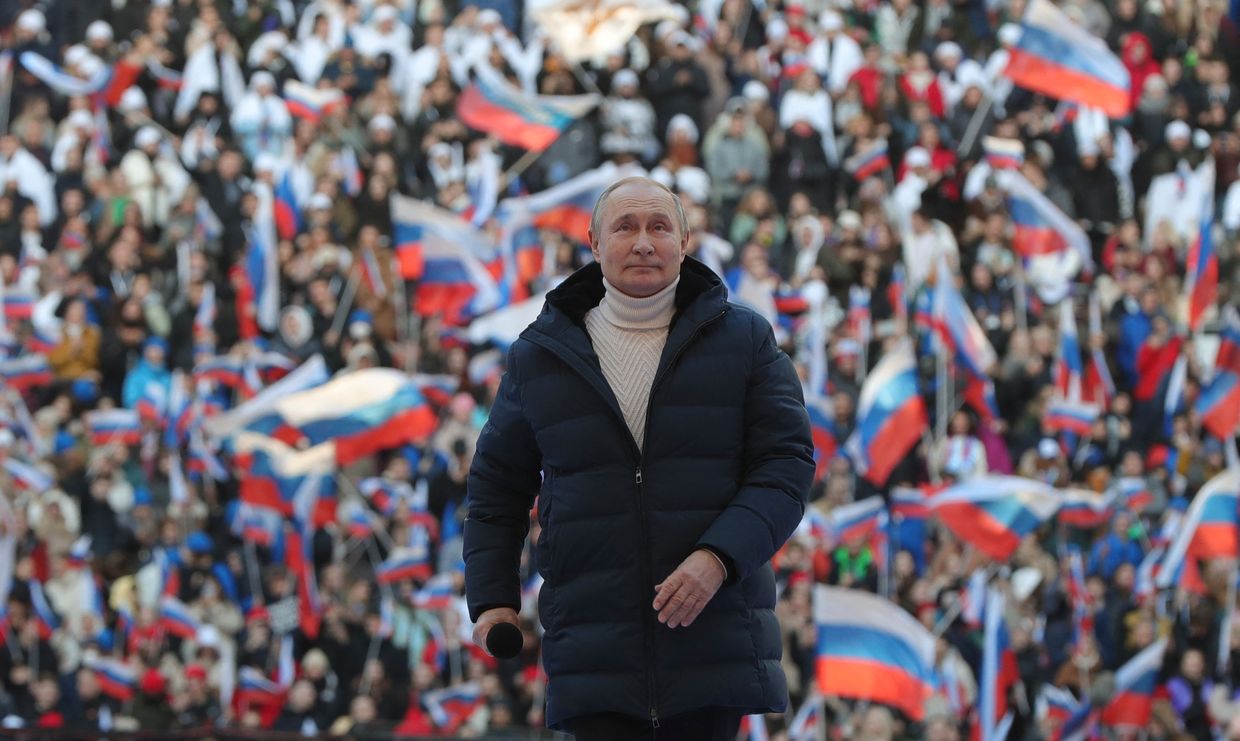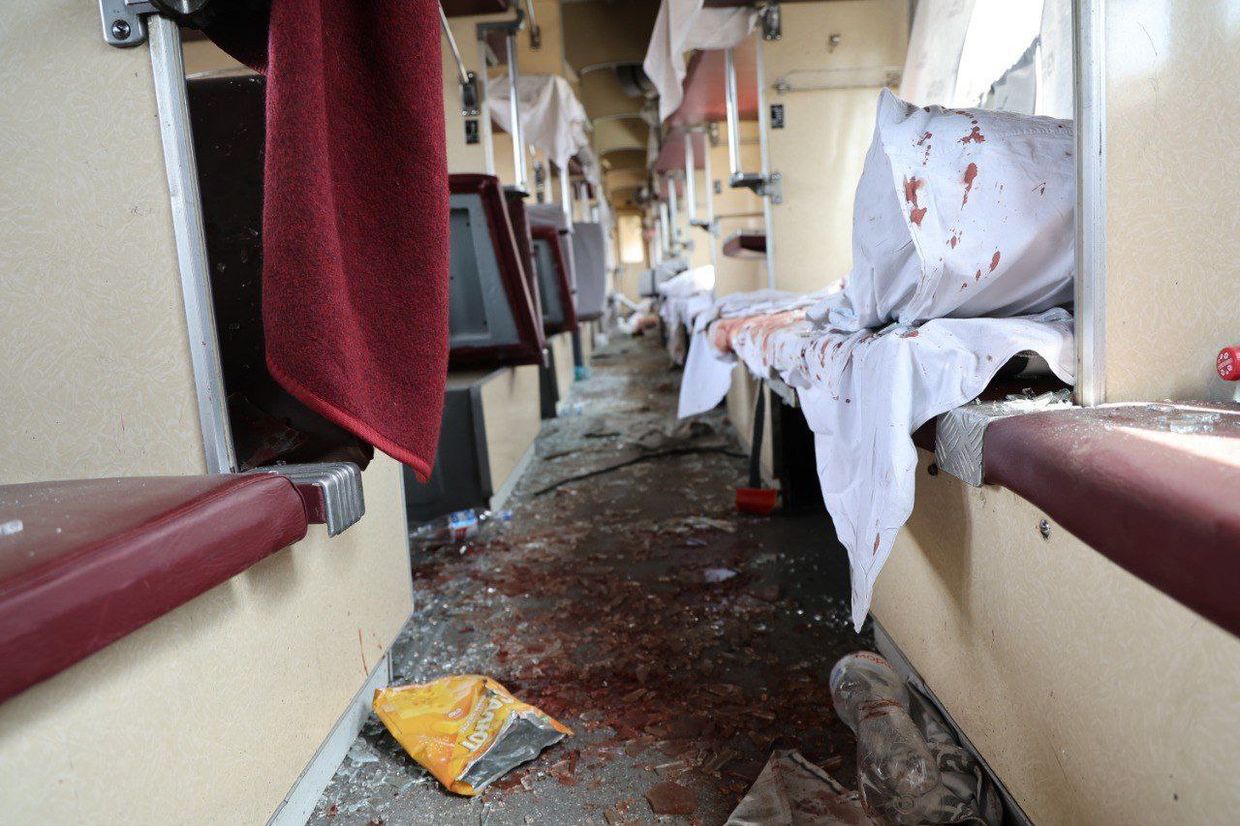Europe’s tribunal for Russian war crimes runs into Trump problem: who pays?
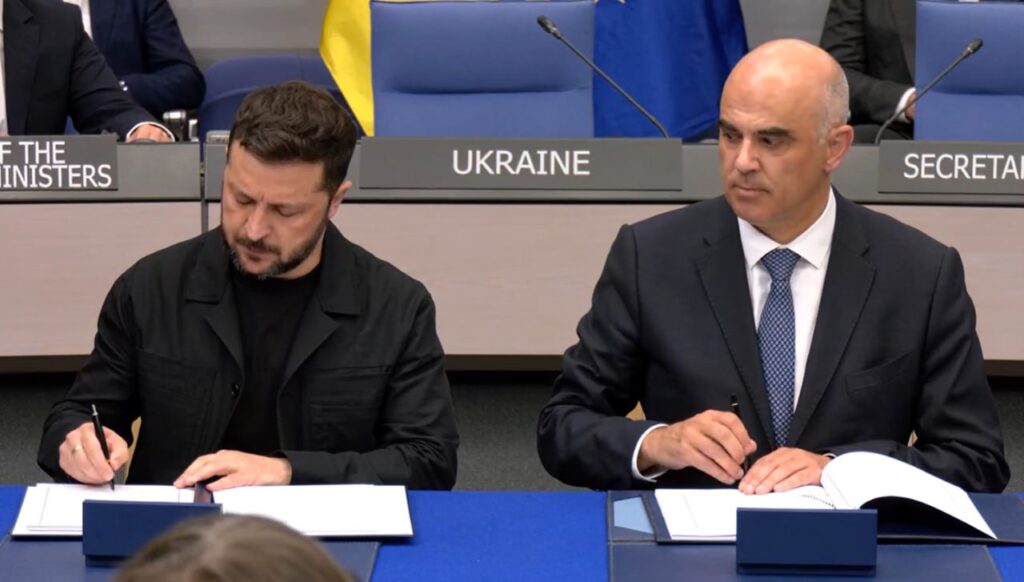
Plans to create a special tribunal to try crimes of aggression committed by Russia in Ukraine are facing financial hurdles, Euronews reports. European donors are concerned that the United States may continue to pull back support under the Trump administration, complicating efforts to cover the tribunal’s costs.
The tribunal, agreed bilaterally by the Council of Europe and President Volodymyr Zelenskyy in June, is designed to prosecute Russia’s crimes of aggression - a gap left by the International Criminal Court, which cannot target the crime of waging war.
Funding from multiple partners is required for the tribunal to operate, but European countries are now weighing their contributions amid rising costs and reduced US engagement.
Holding Russia accountable - with limits
The tribunal was formally announced in Strasbourg in June 2025, with Zelenskyy noting that “every war criminal must know: justice will prevail - and that includes Russia.”
While the court cannot prosecute sitting Russian leaders such as President Vladimir Putin or Foreign Minister Sergey Lavrov due to immunity, it can try other senior Russian and Belarusian officials, potentially even in absentia.
The tribunal is seen as a key step in Ukraine’s broader strategy to secure legal accountability for Moscow’s invasion.
Europe scrambles to cover €75M tribunal costs as Trump pulls back
The Council of Europe initially proposed a budget of roughly €75 million per year for operational costs, with additional funding needed for premises and security. The Netherlands is set to host the tribunal.
The EU is expected to contribute about €10 million annually, but it is unclear which G7 countries, including France, Germany, Italy, and the United Kingdom, will participate.
Sources told Euronews that discussions are ongoing, and fewer funds from Washington put the tribunal’s implementation at risk. To begin work, the tribunal must secure a minimum number of participating countries, usually 16, but in Ukraine’s case, experts say more influential and relevant states will need to join to lend credibility.
European governments are now facing difficult choices about which Ukraine-related projects to fund as military, humanitarian, and financial support falls increasingly on their shoulders.
